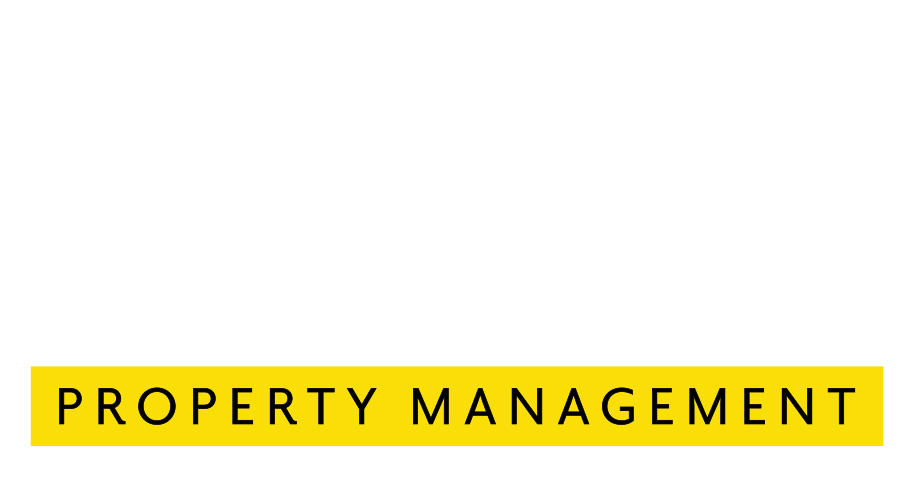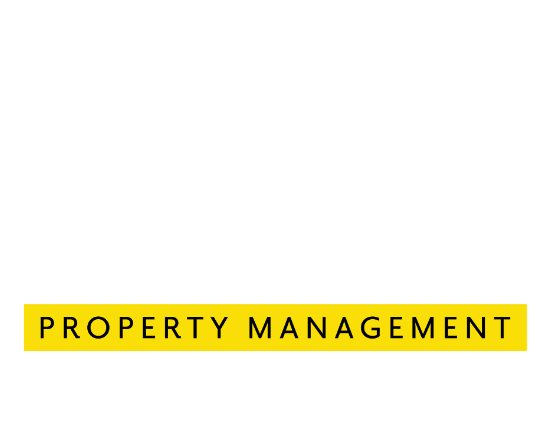Managing rental properties can be time-consuming, so many property owners turn to professional management companies. Understanding the different fees these companies charge is crucial for budgeting and selecting the exemplary service for your needs.
Types of Fee Structures
- Percentage-Based Fees Most property management companies charge a percentage of the monthly rent collected. This rate typically ranges from 8% to 12%. The exact percentage can depend on several factors, including the location, property type, and the range of services provided.
- Flat Fee Management Some managers charge a flat monthly fee instead of a percentage. This is more common for higher-rent properties or owners with multiple properties, providing a predictable cost regardless of rent income.
- Per-project fees Companies may charge per-project fees for specific projects outside the scope of regular management duties, such as overseeing a major renovation. These are agreed upon in advance and are specific to the nature and scope of the project.
How Fees Are Calculated
- Rent Collected vs. Rent Due Property managers might calculate fees based on the collected rent or the due rent. The former is more common, meaning the property manager only gets paid when they successfully collect rent.
- Variable Fees Based on Rent Amount Sometimes, the management fee might scale with the rental price. Higher-end properties might attract a lower percentage rate but ultimately higher overall fees due to higher rent prices.
- Fee Structures for Different Property Types The structure might also vary depending on whether the property is a single-family home, a multi-family unit, or commercial real estate, with multi-family and commercial properties often attracting lower percentage fees due to the higher total rents.
Additional Fees in Property Management
Beyond the basic management fee, there are several other fees that property owners might encounter:
- Setup Fees Initial setup fees cover the cost of the property manager taking over the management of your properties, including initial property inspections and setting up tenant leases.
- Leasing or Tenant Placement Fees This fee covers advertising costs of your property, screening tenants, and executing the lease agreement. It’s usually a flat fee or a percentage of the first month’s rent.
- Maintenance Fees The management fee usually covers routine maintenance, but larger projects may result in additional charges. Emergency repairs might also have separate fees.
- Renewal Fees Some companies charge fees to renew tenant leases, which cover the costs of negotiating terms and completing paperwork.
- Eviction Fees If eviction is necessary, some managers take a fee to cover the costs of the process, including legal fees.
- Technology Fees Some property management companies charge a fee to cover software or online platform usage that helps streamline management tasks.
Comparing Property Management Companies
When comparing property managers, focus on the transparency of their fee structure and the alignment of their services with your needs. Ask about all potential fees and how they are justified, and make sure there are no hidden costs that will surprise you later.
Factors Affecting Management Fees
- Location Fees can vary significantly depending on the property’s location, with high-demand urban areas typically seeing higher management fees.
- Property Type and Size Larger properties or those requiring more management, such as those with many amenities, usually incur higher fees.
- Market Conditions Economic trends and the local real estate market can influence management fees, with booming markets driving fees higher due to increased demand for rental properties.
Choosing the right property management company involves understanding its fee structure and assessing the value it provides. By knowing what to expect in terms of fees, you can budget effectively and ensure your property is in good hands, maximizing your investment and minimizing your hassle.





